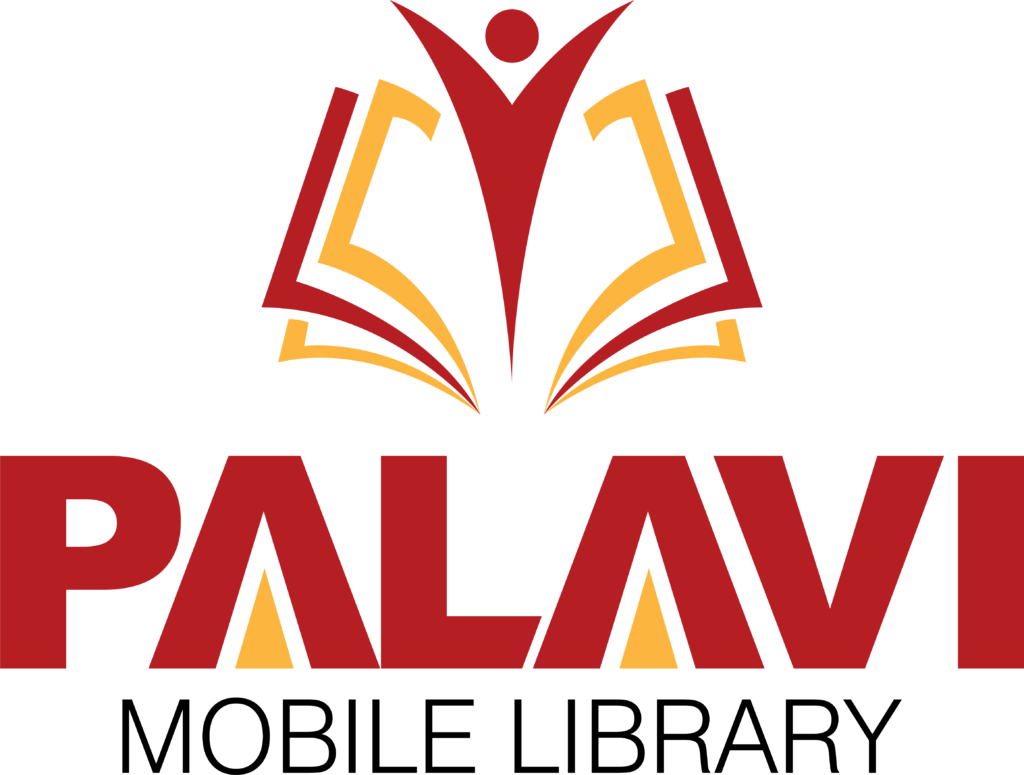Library of Wheels
Preface
A book is like any living being, ‘it is greater than the sum of its parts’. A book, is not just the cover, the pages, the printed words, or even its price but much more. It is the embodiment of others’ thoughts, perspectives, opinions, expressions, beliefs, knowledge and dreams. Yet unlike the authors, their written word lives on long after the author has passed into history.
A book, like a living person, has the ability and power to make the reader laugh, cry, imagine, sympathize, love, hate, entertain, opine, inspire and dream. Reading a book is very much about sharing another person’s thoughts and starting an intimate dialogue which might engender agreement or even disagreement. But perhaps most importantly a book opens up the readers mind to new and diverse possibilities and ultimately leads to change.
The three most powerful instruments of change are necessity, knowledge and constructive action. Books have the first two pre-requisites and can lead to the third. Such is the power of books.
The Mahabharata, Ramayan, The Iliad, The Odyssey, The Epic of Gilgamesh, The Book of Kells, The Diamond Sutra, The Nag Hammadi Codices, and countless other books have been transmitted to our times over centuries and in some cases over two millennia and they still resonate with our times.
After all, Bollywood would be considerably less interesting or profitable without the time honoured inspirations about love, betrayal, loyalty, sacrifice, villainy and heroism.
Many great men and women have graced our world and our lives over many generations and have touched our lives and minds through their written words. A few of those thoughts are :
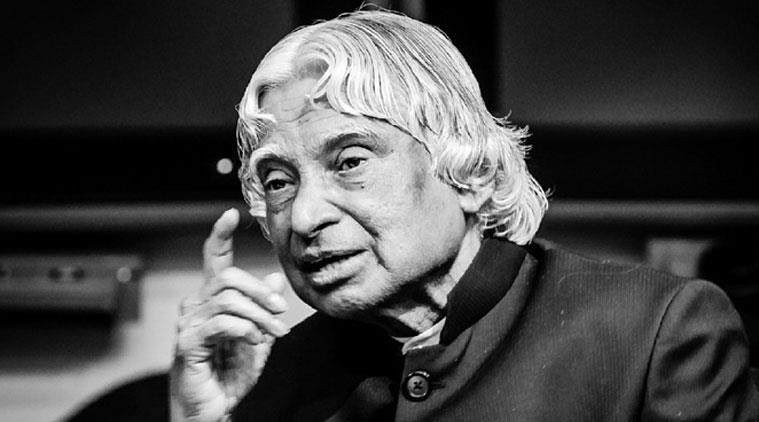
Bharat Ratna Dr, A. P. J. Abdul Kalam, Fifteenth President of India
Coming into contact with a good book, and possessing it, is indeed an everlasting enrichment.

Shree Narendra Modi, The Hon. Prime Minister of India
If the 21st Century is the era of knowledge and of knowledgeable human-force, then, to extol this force, Gujarat (and all of India) must form a strong bond with books.

Mahatma Gandhi
Books are more valuable than gems (precious stones), because books enrich and brighten the soul.
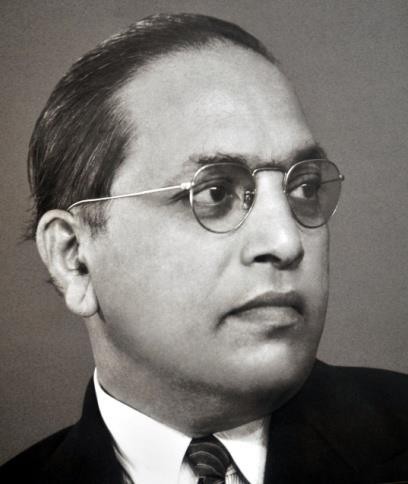
Bharat Ratna Dr. Bhimrao R. Ambedkar
Freedom of mind is the real freedom. A person whose mind is not free though he may not be in chains, is a slave, not a free man.
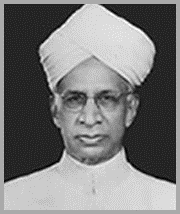
Bharat Ratna Dr. Sarvepalli Radhakrishnan, Second President of India
Books are the means by which we build bridges between cultures.

Socrates, A founder of Western Philosophy
Employ your time in improving yourself by other men’s writings, so that you shall gain easily what others have labored hard for.
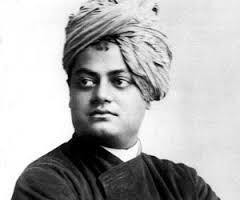
Swami Vivekananda
Books are infinite in number and time is short. The secret of knowledge is to take what is essential. Take that and try to live up to it.

Thomas Jefferson, Third President of the United States of America
I cannot live without books.

Abraham Lincoln, Sixteenth President of the United States of America
Books serve to show a man that those original thoughts of his aren’t very new after all.
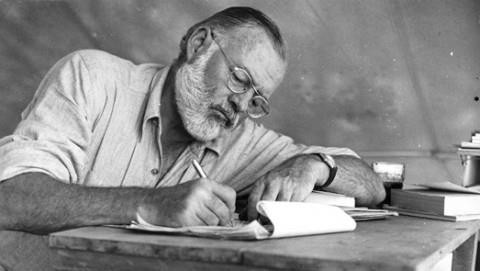
Ernest Hemingway, Nobel Laureate
There is no friend as loyal as a book.

Carl Sagan, Author, Astronomer, Philosopher
A book is made from a tree. It is an assemblage of flat, flexible parts (still called “leaves”) imprinted with dark pigmented squiggles.
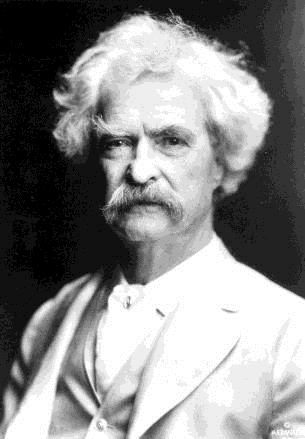
Mark Twain
A person who won’t read has no advantage over one who can’t read.
Introduction
On behalf of PALAVI MOBILE LIBRARY, please accept our respects and this, our humble contribution to the time honored Indian tradition of Education through reading via mobile library. If approved, and when completed, this will be the first of its kind in the district of Solapur. Barshi Taluka, Solapur is covering 140 villages and urgent need for such a facility.
Scope And Objectives
Educated manpower is one of the most crucial needs of any country. In developing countries where there is frequently a shortage of skilled manpower is more crucial. Due to the fact that the majority of its population, is living in rural areas, the main occupation of the rural people is agriculture, and the average income of these people is still very low. The experts have pinpointed that illiteracy is one of primary causes of these problems especially in rural and low economic communities.
In order to increase the living standards of the rural dwellers, the government has as its goals, the promotion of education, and the eradication of illiteracy. Information is considered a means to solve the mentioned problems. To fulfill the goals, various organizations and agencies are responsible for carrying out the government policy. Among these, the Non-formal Education takes a leading role through reading culture. There are certain areas or places, where it is hard to find a library and does not have a trace of reading culture in the rural areas.
To set the reading rooms & libraries in each village is time consuming as well as expensive. Hence, the term “Mobile Library” may be considered as all travelling or movable library activities in any formats such as large enclosed buses or vans or large motor vehicles equipped with shelves and a staff enclosure to visit rural districts or remote areas where there is no other library service at specific times on a certain day or days of the week. The libraries may choose their books from the shelves to extend to villages and isolates farms and houses.
Mobile Van/Bus Library
As we have already known that the main purpose of the Mobile Library is to promote formal schooling system and provide non-formal and informal education. This includes mobile Van libraries that play a major role to create and develop learning skills to children, youths and public. They provide numerous types of learning materials such as printed, artificial and exhibition materials, textbooks, non-formal education learning packages and electronic materials to community people particularly to those living in less developed communities in Solapur district. Moreover, the mobile Van libraries will assist people to keep pace with today’s necessarily fundamental knowledge. This includes family education, health, democracy, environmental education, daily life basic laws and entertainment news. Several types of learning activities are organized in the mobile Van / bus libraries as well.
Objectives
- Set up of Reading room and centralized office for Mobile Library
- Set up mobile library with 10 Vans &5 Buses to cover the radius of 150 Sq.Km
- To organize learning activities and encourage children, youth and general public to acquire their knowledge from various types of learning materials.
- To upgrade the quality of life of the disadvantaged children, youth and people in slum areas, in small enterprises and in construction sites within the covered area.
- Make India Read
- Reach to masses for creating awareness of technologies, government schemes, opportunities for jobs and employment.
- Arranging contest based on reading competition to find intelligence and give them support and exposure in the mainstream
- Digitization of rare and old books after 2 years
- Set reading culture to the next generation
Quantitative Goals
- Provide at least 10,000 books for circulation in each mobile boat library
- Set up at least 100 video programs and other supplementary learning materials suitable with learners' needs and interests.
- Giving services at least 5 days a week.
- Lending members books and other reading materials.
- Underprivileged children and youths at least 2,000 people are served annuallyDigitization of rare and old books after 2 years
- Achieve 200,000 Paid Members.
Models of Services
- Mobile Van library : It is served as a general public library where its users can read, apply for library membership and borrow books to read outside the library for 7-21 days. The mobile library provides library services for people in the bus and home delivery at some appropriate places such as temples, community areas, etc.
- Mobile Bus library will be conducted as a moving classroom for a short course of 4-6 hours, where 25-40 earners can be served at a time with teaching and learning activities or trainings according to various curricula or educational seminars.
The following is a list of subject areas covered by each group.
Literature
Examples of activities were Story telling books for youngsters as per the age Novels & Fiction Biographies
Geography
Examples of activities were Books on Travel & Tourism Books related geography, forestry and natural resources :
Map reading : Display of various means of transportation
Business & Economics
Examples of activities Books on Indian Economics World economics Business Magazines
Books on Business managements & start-ups
History Indian History Legacy of Indian History since Origin World History History about Wars Pictorial Books
Mathematics Arithmetic Mathematics games Money card connecting, picture connecting, basic number counting practice: math quizzes; Mathematical instrument displays.
Language
Word Games Books on different Language Learning Poetry Drama
Music
Books on different instruments to learn from basics display of pictures and information on musical instruments: reading about various types of music: Books on Indian Music and different Gharans
Arts
Books on printing from natural materials and making handicrafts from used materials;
Story re-telling circulation of books on arts; practicing on “Creative Ideas for Handicraft Making” using vegetables and fruits; drawing and coloring pictures; Japanese paper folding (Origami) following the instructions.
Agriculture
New technologies in Farming (Vertical Farming, Hydroponics, Aquaponics) Floriculture & Horticulture Water Conversation and water management Traditional Farming Allied farming activities and schemes
Health and Personal Hygiene
Magazines on health information; Home remedies Health care distribution of information about main food (as per the region) and exercises. Science & Technology
Books on new technologies Science based books Self learning of Information Technology
Dictionaries& Reference Books
Dictionaries for different Languages Reference books & encyclopedia
Conclusion
It is thus our endeavor to create and sustain a progressive, evolving and expanding operational model for a fully functional and socially integrated ‘Rural Mobile Library Service’, which we expect shall be able to reach at least two lac, (2,00,000) individuals directly and about ten lac. (10,00,000) individuals through our supporting social activities, during the very first year of operations.
